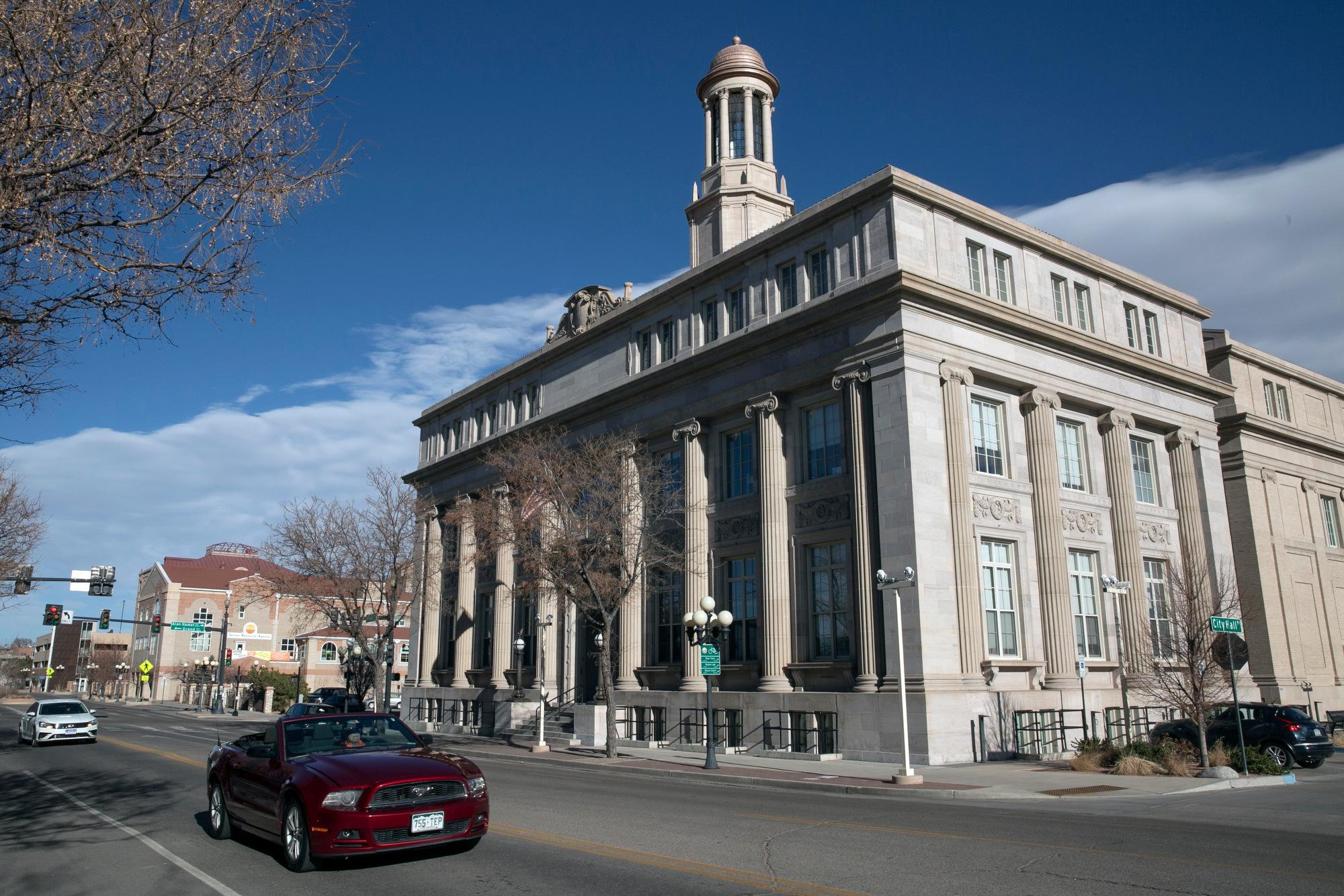
Proponents of a failed effort to roll back Pueblo’s “strong mayor” form of government are threatening legal action against the city after officials said they didn’t collect enough valid signatures to get the initiative on the ballot.
Supporters of the movement — which would replace the mayor with the city manager as the municipality’s executive — say the number of signatures they were told they needed to collect to get on the ballot, and the process for collecting them, both turned out to be wrong. Wrong by a lot.
In a statement, the city says it corrected the error of how many signatures were needed, but that the petition circulators never had enough valid signatures to make the ballot.
“Well, I don't think it looks good to the residents of the city of Pueblo,” said Mayor Nick Gradisar, who discovered the error. “But the fact of the matter is that the error had to be corrected.”
More signatures, and earlier
When the backers of the petition effort filed their intention with the city last December, they were told they needed the signatures of 3,678 registered city voters by March 1 in order to qualify their measure for a special election.
Those parameters, which the city clerk’s office told the petitioners were conveyed to them by City Attorney Dan Kogovsek, were the ones needed to put a change to city ordinance on the ballot.
However, Gradisar discovered that altering the city’s form of government requires a change to the city charter. Posting a ballot item to change the charter requires the signature of 10 percent of the city’s registered voters, as defined in the state constitution.
That means petitioners would have needed to submit 7,260 valid signatures, much higher than what they were initially told.
Gradisar said “obviously” Kogovsek’s advice to the clerk’s office was in error. The mayor said Kogovsek is now retiring from his position, effective Friday.
Frustration and distrust from the petitioners
“I think most of us are just stunned,” said resident Judalon Smyth, who spearheaded the petition effort. “It’s hard to even know what to believe or trust from them.”
Smyth said she had been in communication with the city for 10 months regarding the petition effort and that the incorrect ballot measure signature requirements had been relayed to her multiple times both in person and in writing. She scoffed when asked to confirm that the city had advised her group to get its own legal analysis of the rules.
“For a citizen to go to their building with the people that are being paid by their tax dollars, asking for information and the rules of how to comply with the city’s requirements … why should a citizen then have to go to the added expense of hiring a lawyer?” she said. “You should be able to trust that they’re giving accurate information.”
The city had previously deemed the group had failed to gather enough valid signatures under the incorrect lower threshold to get the question on the ballot, including after the additional weeks-long “curing” process given to correct anything improperly submitted or gathered.
Gradisar said even if the group had gathered enough for that lower threshold, the ballot measure surely would have ended up in court.
“The [state’s] legal requirements had not been met, and that would have just created chaos,” Gradisar said.
Contention over the city's new strong mayor system
The city of Pueblo chose Gradisar as its first elected mayor in over a century in 2019 under the new strong mayor system. He is running for re-election this November against more than a half dozen other candidates who have also announced bids.
“If you don’t like me as mayor, vote for someone else,” he said. “But, don’t throw out this system.”
Smyth said she will continue to work on her effort to do just that.
“The strong mayor system is just ripe for corruption,” Smyth said. “It is not about who you put in the office.”
Gradisar said he thinks most people like the strong mayor system of government in Pueblo.
“Well, I think the change to a strong mayor form of government has been spectacular for the city of Pueblo,” he said. “We've seen increased economic activity here, and I think most people are happy with this strong mayor system of government.”
A special election to move Pueblo back to a city manager form of government could still technically happen as long as all the correct state requirements are met in order to hold the election at least 90 days before the November mayoral vote. The city council could also vote to hold a special election to allow voters to decide on the initiative.
The city estimates holding a special election on the matter would cost taxpayers approximately $237,000.
Correction: A previous version of this story incorrectly stated when petitioners were required to hand in the 7,260 votes to qualify their question for the ballot.








